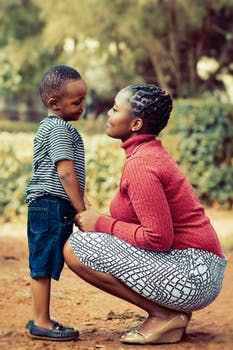Attachment disorder in students is a problem that sometimes shows up in school. However, students with is disorder need caregivers and educators that provide help in educating and nurturing the child. Children with Reactive Attachment Disorder (RAD) must have help with emotional and social needs. In addition, children with RAD need to meet success academically, emotionally and socially. In this case, educators must teach the whole child.
RAD, or Reactive Attachment Disorder students have an issue with social interaction. This occurs as a child’s basic physical and emotional needs are neglected. It begins as an infant. However, there is little research that the disorder begins beyond early childhood. In fact, research is uncertain that it occurs beyond the age of five years old.
Attachment Symptoms
There are several symptoms to identify a child with RAD. Hence, once identified, professional help is available.
• Usually, a child with RAD withdrawals from touch or affection for no apparent reason.
• Also, they tend to look sad or sluggish.
• Last, RAD children rarely smile.
Develop Trust
For RAD students to feel safe, educators and all adults involved must develop trust. Also, a safe environment is imperative. Students with attachment disorder must have consistency in their life. Often, they have difficulty with academics. Research indicates it is because their brain on the right side (non-linear side) becomes dormant from lack o physical and emotional attention. Therefore, they are left-side dominant with brain based attributes in art. They need kinesthetic and visual images that are dominant in the arts. In addition, reactive attachment disorder children need to interact with real world experiences.
Helping The Child With RAD
Research states children with RAD not have certain punishments. They should not be punished for not completing homework. Instead, it must be explained how and why homework is important. And, they are fortunate to have educators that provide opportunities for success. In addition, children with behavior problems that destroy objects should repair the damage as a consequence.
Many times, RAD students will stand their ground. It is wise not to argue the point. Let it be. However, always establish eye contact and insistent on the child’s eye contact in return.
It is important for children to have recognition. They need acknowledgement for any type of accomplishment. And, all strategies used with RAD students must be applied with empathy and never anger. As a parent or educator faces a person with RAD, professional help is important.
![]()



